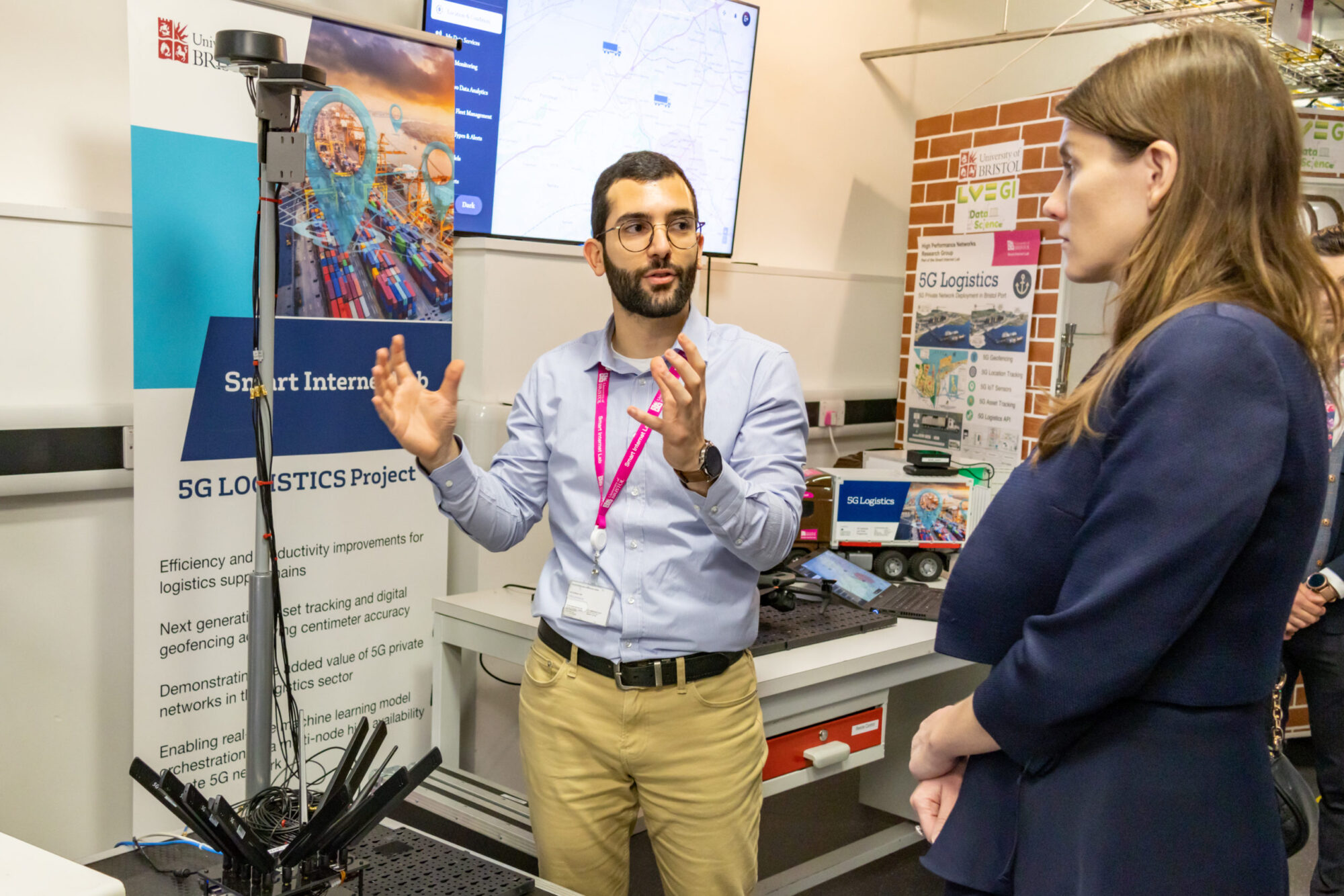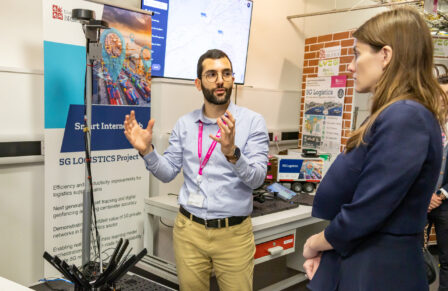Programme
REASON Open Networks Project

REASON, Realising Enabling Architectures and Solutions for Open Networks, is exploring the potential of 6G network technologies by providing new insights into novel application scenarios and a range of important enablers, especially on multi-access technologies and pervasive end-to-end AI integration. The project is led by the University of Bristol. Digital Catapult’s role focuses on architecture R&D, which could have a high impact in terms of shaping the UK’s overall 6G architecture vision.
REASON, with a total project funding of £12m from the Department for Digital, Culture, Media & Sport (DCMS), is a collaborative effort involving key players in the telecommunications R&D supply chain, including major mobile network equipment vendors, to develop and industrialise technologies and solutions for future 6G mobile networks. The project aims to innovate, develop, and industrialise technologies for future 6G telecommunication networks. It focuses on creating a roadmap for open 6G network architectures, addressing challenges like network densification, multi-technology access integration, and advanced automation. The partners include prominent universities, equipment vendors, and service providers.
REASON will develop a roadmap for open 6G networks, which will set the framework for new developments across the entire technology stack. The project will provide novel solutions to effectively integrate multi-technology access networks and to advance their performance in line with the emerging 6G KPIs. New concepts will be proposed to support unprecedented network densification. Smart technologies will be developed that aim to use multi-technology access networks to extract sensing information and support 6G use cases.
In addition, advanced solutions for network-edge and network-wide automation will be developed leveraging state-of-the art artificial intelligence (AI) techniques. REASON aims to provide end-to-end service optimisation through cognitive orchestration tools to enable edge-to-edge and domain-domain functionalities for a wide range of use cases, bolstering the UK’s status as a global leader in telecoms research.
Partners
- University of Bristol
- University of Strathclyde
- King’s College London
- Queens University Belfast
- University of Southampton
- Compound Semiconductor Centre
- BT
- BBC
- Ericsson
- Nokia
- Samsung
- Parallel Wireless Limited
- Thales UK
- Weaver Labs Limited
- Real Wireless Limited


